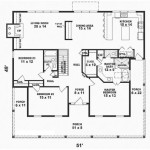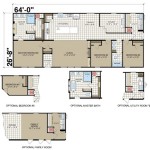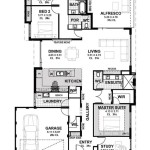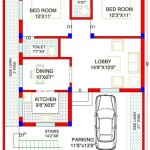Off the Grid House Plans: A Guide to Sustainable and Independent Living
As the world becomes increasingly urbanized, the desire for self-sufficient living grows. Off the grid house plans offer a unique solution, providing homeowners with the opportunity to live a more sustainable and independent lifestyle.
Off the grid homes are not connected to traditional utility services such as electricity, water, or gas. This means that they rely on alternative energy sources and systems to meet their needs.
Advantages of Off the Grid House Plans
There are numerous advantages to choosing an off the grid house plan, including:
- Energy Independence: Off the grid homes are not reliant on external sources for power, making them immune to power outages and price fluctuations.
- Reduced Environmental Impact: Off the grid homes typically use renewable energy sources such as solar and wind power, which contribute less to carbon emissions.
- Increased Self-Sufficiency: Off the grid homes give homeowners greater control over their resources and provide them with a sense of security.
Design Considerations for Off the Grid Homes
Designing an off the grid home requires careful consideration of several factors, including:
- Energy Efficiency: To minimize energy consumption, off the grid homes should be designed to be as energy-efficient as possible.
- Energy Generation: A reliable energy generation system is essential for off the grid homes. Solar panels, wind turbines, or micro-hydro systems can provide clean and renewable energy.
- Water Management: Off the grid homes often collect rainwater or use groundwater for their water supply. Water filtration and storage systems are necessary to ensure a safe and reliable water source.
- Waste Management: Composting toilets and greywater systems can help off the grid homes manage waste and conserve water.
Choosing an Off the Grid House Plan
When selecting an off the grid house plan, it is important to consider your specific needs and the characteristics of your property.
Factors to consider include:
- Energy Load: Determine your energy needs based on the size of your home, appliances, and lifestyle.
- Solar Potential: Assess the amount of sunlight your property receives to ensure sufficient solar energy generation.
- Water Availability: Determine the availability of rainwater or groundwater on your property.
- Building Costs: Off the grid homes can require additional investment in energy and water systems.
- Maintenance: Off the grid systems require regular maintenance to ensure optimal performance.
Benefits of Off the Grid House Plans
Off the grid house plans offer numerous benefits, including:
- Financial Savings: Over time, off the grid systems can reduce energy and water costs.
- Environmental Sustainability: Off the grid homes contribute to a greener and more sustainable world.
- Peace of Mind: Knowing that you have access to essential resources, even during emergencies, provides peace of mind.
Off the grid house plans provide a unique opportunity for homeowners to embrace sustainable and independent living. By carefully considering the design and implementation of off the grid systems, homeowners can create self-sufficient homes that meet their specific needs and aspirations.

Off The Grid House Plans Home Design

Cottage Style House Plan 1 Beds Baths 688 Sq Ft 556 3 Houseplans Com

How To Design An Off Grid House Greenbuildingadvisor

Wanna Get Away 10 Tiny House Plans For Off Grid Living Dfd Blog

The Off Grid Cabin Floor Plan Small Living In Style

Off Grid Archives Small Wooden House Plans Micro Cabin Garden Shed Cottage Blueprints

Building An Off Grid House What You Need To Know

Passive Solar House Plans For Our Off Grid Homestead Byexample Com

A Guide To Off Grid Architectures Archdaily

20 Fresh Off Grid House Plans Image Design Tiny Cabin








